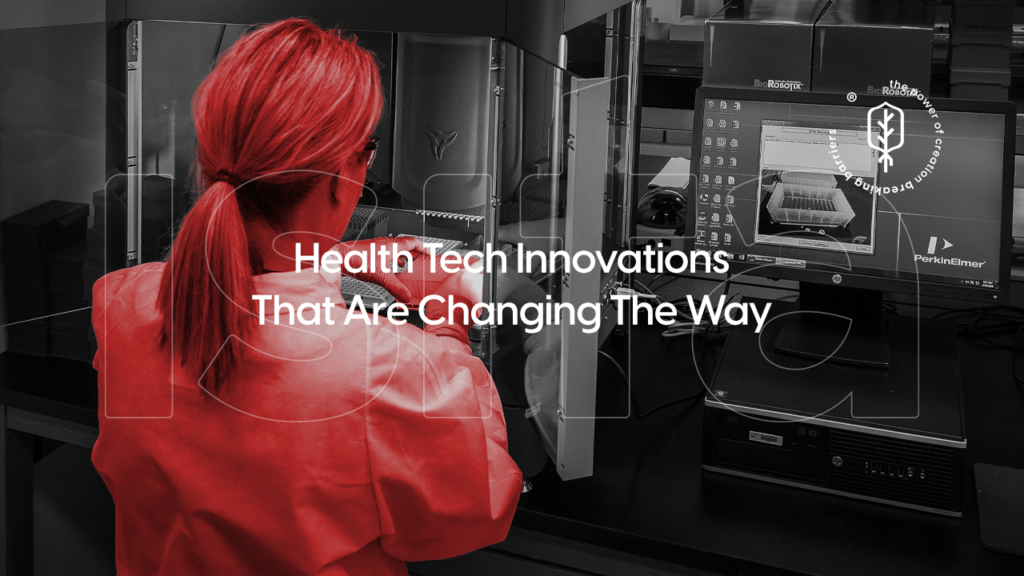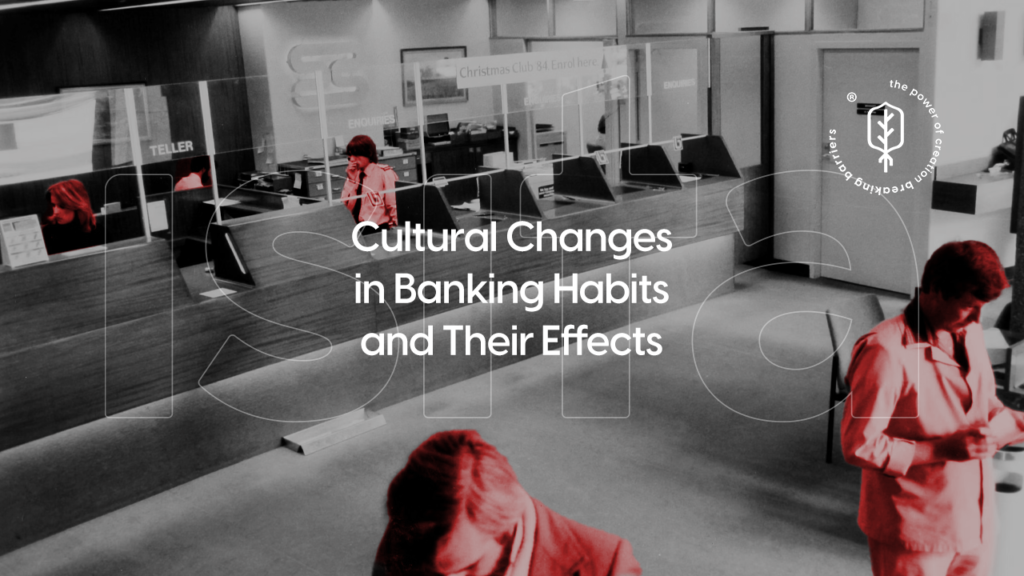The IT job market is a dynamic ecosystem constantly evolving in response to technological advancements, business needs, and global economic shifts. Understanding the prevailing talent trends is crucial for businesses seeking to build high-performing IT teams and for professionals aiming to navigate their career paths successfully.
Overview of the IT Job Market
The IT job market is a dynamic and rapidly evolving landscape, driven by technological advancements, digital transformation, and the increasing reliance on technology across industries.
Key Characteristics of the IT Job Market
- High Demand: There’s a persistent shortage of skilled IT professionals, leading to high demand and competitive salaries.
- Rapid Change: The IT industry is characterized by rapid technological advancements, requiring continuous learning and adaptation.
- Diverse Roles: The IT job market offers a wide range of roles, from software development and cybersecurity to data science and cloud computing.
- Global Opportunities: The IT industry is highly globalized, with opportunities available in various countries and regions.
- Focus on Skills: Employers prioritize technical skills, problem-solving abilities, and soft skills like communication and teamwork.
In-Demand Skills and Emerging Roles
The rapid pace of technological innovation has created a surge in demand for specific skill sets. Cloud computing, cybersecurity, and data science have emerged as dominant forces, shaping the IT job landscape.
- Cloud Computing: As organizations increasingly adopt cloud-based solutions, professionals with expertise in platforms like Amazon Web Services (AWS), Microsoft Azure, and Google Cloud Platform (GCP) are in high demand. Roles such as cloud architects, cloud engineers, and cloud security specialists are experiencing significant growth.
- Cybersecurity: The escalating threat landscape has intensified the need for cybersecurity professionals. Skills in areas like threat intelligence, incident response, and cybersecurity frameworks (e.g., NIST Cybersecurity Framework) are essential. Roles such as cybersecurity analysts, penetration testers, and information security managers are sought after.
- Data Science: The ability to extract valuable insights from vast datasets is becoming a competitive advantage. Professionals with strong analytical skills, programming proficiency (Python, R), and machine learning expertise are highly valued. Data scientists, data engineers, and data analysts are in demand across industries.
Beyond these core areas, emerging technologies like artificial intelligence (AI), machine learning, and blockchain are creating new job opportunities. Professionals with skills in natural language processing, computer vision, and blockchain development are in high demand as businesses explore the potential of these technologies.
Shifts in Hiring Practices and Recruitment Strategies
The IT talent shortage has compelled organizations to rethink their hiring practices and recruitment strategies.
Focus on Soft Skills
While technical proficiency remains crucial, employers are increasingly prioritizing soft skills such as problem-solving, communication, and teamwork. These skills are essential for collaboration, innovation, and adaptability.
Remote and Hybrid Work
The COVID-19 pandemic accelerated the adoption of remote and hybrid work models. This trend has expanded the talent pool and created opportunities for professionals to work from anywhere.
Diversity and Inclusion
Building diverse and inclusive IT teams is becoming a strategic imperative. Organizations are focusing on initiatives to attract and retain talent from underrepresented groups.
Candidate Experience
The competition for top talent is fierce, driving organizations to enhance the candidate experience. This includes streamlined application processes, transparent communication, and employer branding efforts.
Upskilling and Reskilling
To address skill gaps, many organizations are investing in employee development programs. Upskilling and reskilling initiatives help employees acquire new competencies and adapt to evolving job roles.
Future Outlook: Predictions for the Evolving IT Job Market
The IT job market is expected to continue its dynamic trajectory, driven by technological advancements and changing business needs.
- Automation and AI: Automation and AI will impact various job roles, potentially leading to job displacement in some areas but creating new opportunities in others. Professionals with expertise in process automation, AI algorithms, and AI ethics will be in demand.
- Specialized Roles: As technology becomes more complex, the need for specialized roles will increase. Niche areas like quantum computing, augmented reality, and virtual reality will likely create new job opportunities.
- Lifelong Learning: The rapid pace of technological change necessitates continuous learning. Professionals will need to adapt to new technologies and skill requirements throughout their careers.
- Ethical Considerations: As technology becomes more integrated into society, ethical considerations will gain prominence. Professionals with expertise in data privacy, cybersecurity, and AI ethics will be sought after.
In conclusion, the IT job market is characterized by rapid change, evolving skill requirements, and shifting hiring practices. To thrive in this dynamic landscape, individuals and organizations must stay informed about the latest trends, invest in skill development, and embrace a culture of innovation and adaptability.



